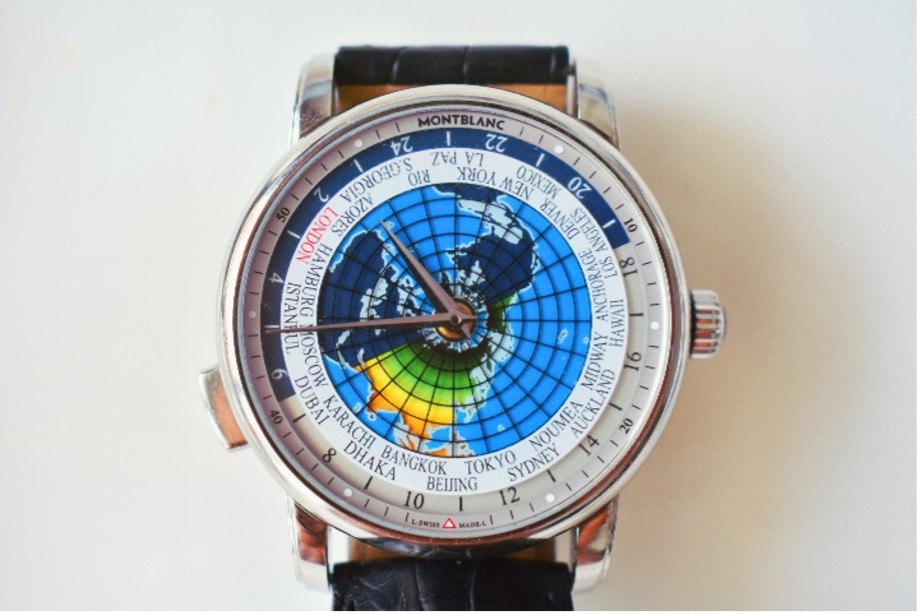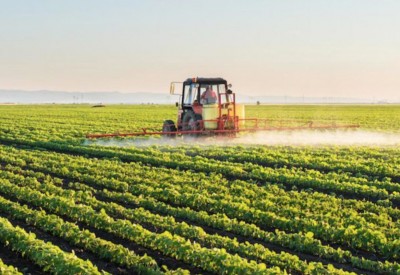THE CHALLENGE
Today, food systems are failing to support human health, threaten the long-term viability of life on earth and are similarly threatened by the impacts of climate change. Food systems are responsible for an estimated 30% of greenhouse gas emissions and the foods we eat are linked to six of the top ten risk factors for disease and death globally. Continuing on the present path is untenable for current and future generations. Food system transformation is central to meeting the Sustainable Development Goals (SDGs) by their 2030 deadline as well as to meeting the targets and commitments established in the three Rio Conventions on climate change (UNFCCC), the Convention on Biological Diversity (UNCBD), and the UN Convention to Combat Desertification (UNCCD). Meeting these goals is possible, but rigorous evidence is needed to guide the path forward.

